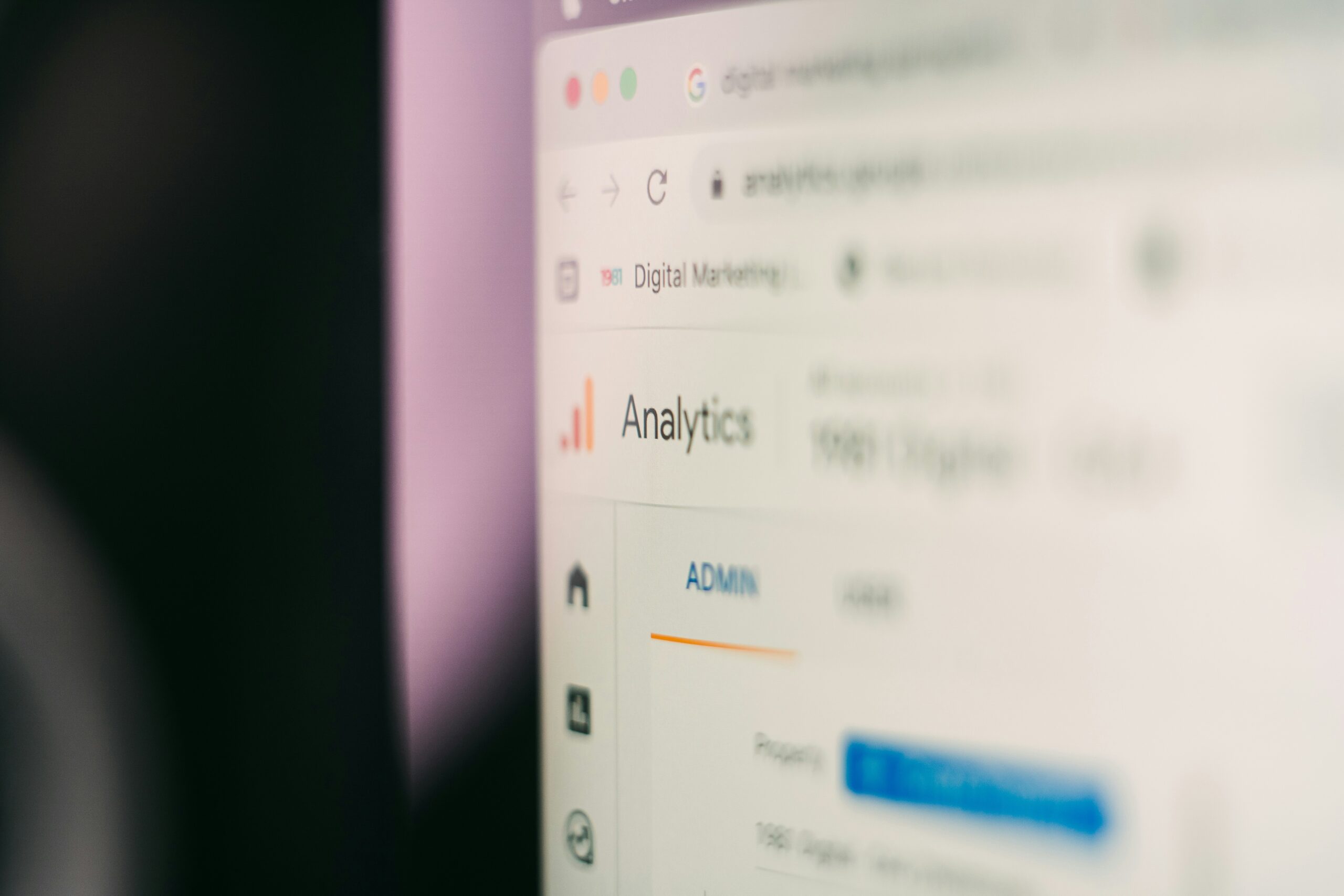The digital landscape is more dynamic than ever. With dozens of strategies available, knowing which types of digital marketing work best for your business model can feel overwhelming. Not every method is suitable for every industry or company size. Choosing the right digital marketing mix is essential for sustainable growth, consistent lead generation, and strong brand visibility.
Understanding the types of digital marketing that align with your goals can help you avoid wasted budget, focus on ROI-driven strategies, and stay ahead of competitors. Whether you’re a local service provider, a nationwide eCommerce brand, or a B2B software company, selecting the right marketing channels makes all the difference.
Why Choosing the Right Types of Digital Marketing Matters
Digital marketing isn’t a one-size-fits-all approach. Each method has unique strengths, cost structures, and intended outcomes. The right strategy will align with your customer journey, audience behavior, and business goals. Investing time in the wrong strategy can lead to low engagement, poor ROI, and missed opportunities.
Instead of spreading your efforts thin, it’s more effective to tailor your marketing plan around the types of digital marketing that support your business structure, whether it’s high-ticket B2B services, subscription-based models, or one-time product sales.
Search Engine Optimization (SEO)
SEO is the backbone of digital visibility. It involves optimizing your website, content, and online presence to rank higher in search engine results. For businesses focused on long-term growth and organic traffic, SEO is an essential strategy.
Service-based businesses, B2B companies, and local providers benefit from SEO by positioning themselves as trusted authorities in their niche. It’s particularly useful for capturing high-intent search traffic from users actively looking for solutions you provide. SEO is a long-term play, but once your site begins ranking, the benefits compound.
Pay-Per-Click Advertising (PPC)
PPC includes paid ads on platforms like Google, Bing, Facebook, and LinkedIn. Unlike SEO, PPC delivers instant visibility by showing your ads to users based on search intent or demographic targeting.
PPC works well for eCommerce brands launching new products, businesses in competitive markets, and services that benefit from seasonal promotions. It’s ideal for driving quick traffic and testing offers. If your business model has high margins or the ability to quickly close leads, PPC can offer a great return on investment.
Content Marketing
Content marketing builds trust and authority by offering valuable, informative, or entertaining content to your audience. It includes blog posts, eBooks, infographics, videos, and case studies.
This type of digital marketing is especially effective for B2B companies, SaaS businesses, and high-touch services where educating the customer is part of the sales process. Content helps nurture leads, improve SEO, and establish thought leadership. Over time, it becomes a powerful asset that supports every stage of the funnel.
Social Media Marketing
Social media marketing connects brands with customers on platforms like Instagram, Facebook, TikTok, and LinkedIn. It’s one of the most visible types of digital marketing, offering brand awareness, direct customer interaction, and community building.
Retail businesses, lifestyle brands, and personality-driven companies see great success with social media. It’s highly visual, fast-paced, and excellent for storytelling. Social ads can also be targeted to reach very specific audiences, making it a strong option for local businesses and niche markets.
Email Marketing
Email marketing remains one of the most cost-effective digital channels. It’s perfect for nurturing leads, building loyalty, and promoting offers directly to your audience.
Email campaigns work especially well for subscription-based businesses, eCommerce stores with repeat customers, and B2B services that require ongoing communication. Automation tools make it easier than ever to personalize messages based on customer behavior, improving open rates and conversions.
Influencer Marketing
Influencer marketing leverages individuals with large followings to promote your brand or product. It offers instant credibility and access to engaged communities.
This digital marketing strategy suits fashion, beauty, fitness, travel, and lifestyle brands. However, B2B companies can also benefit by partnering with industry experts or niche influencers. Choosing the right influencer—one who aligns with your brand values and audience—is critical for authentic results.
Affiliate Marketing
Affiliate marketing is a performance-based model where partners earn a commission for driving traffic or sales to your business. It’s low-risk and scalable.
This strategy is ideal for eCommerce businesses and online platforms. If your product has mass appeal or can be easily demonstrated, affiliate marketing helps expand your reach without upfront ad spend. The key is developing a reliable affiliate network and providing them with quality marketing assets.
Video Marketing
Video marketing is booming, with platforms like YouTube, Instagram Reels, and TikTok dominating user engagement. Videos can be used to explain products, showcase testimonials, or build brand awareness.
All industries can benefit from video, but it’s especially powerful for industries that rely on visual appeal or complex explanations. Real estate agents, online educators, fitness coaches, and product manufacturers all use video to connect with audiences in a more human and dynamic way.
Which Types of Digital Marketing Suit Your Business Model?
Each business model calls for a different marketing strategy. For example, local service providers thrive with SEO and Google Ads, while DTC brands may lean on influencer marketing and paid social. SaaS platforms often focus on content marketing, SEO, and email automation to educate and convert leads.
Start by analyzing your business model, budget, customer behavior, and buying cycle. Then match those characteristics to the most relevant types of digital marketing. For instance, if you rely on trust and education, content marketing should be a top priority. If your audience is highly visual and emotionally driven, social media and video might work better.
Avoiding the “One Size Fits All” Trap
One of the biggest mistakes businesses make is assuming what worked for one company will work for theirs. Digital marketing success depends on alignment. Don’t blindly copy competitors—test, refine, and invest in what your data and customer behavior reveal.
Use tools like Google Analytics, heatmaps, email engagement reports, and A/B testing to evaluate your strategies. This data will help you understand which marketing types are giving the best returns and where to double down.
Partnering with Experts in Digital Marketing Strategy
Identifying the right types of digital marketing takes time, experimentation, and expertise. Working with a digital marketing partner like Skyfield Digital ensures your efforts are targeted, strategic, and results-driven.
We analyze your business model, define your goals, and recommend the most effective strategies tailored to your unique needs. From SEO and paid ads to social and content marketing, we help you build a plan that delivers measurable growth.
Final Thoughts
The digital marketing landscape is vast, but that’s not a bad thing—it means you have options. The challenge is knowing which types of digital marketing will bring the most value to your business.
By understanding your model and aligning it with the right channels, you set the foundation for scalable success. Whether your goal is brand visibility, lead generation, or sales, a customized approach will always outperform a generic one.
If you’re ready to choose the right mix of digital marketing strategies for your business, Skyfield Digital is here to help you get started.





